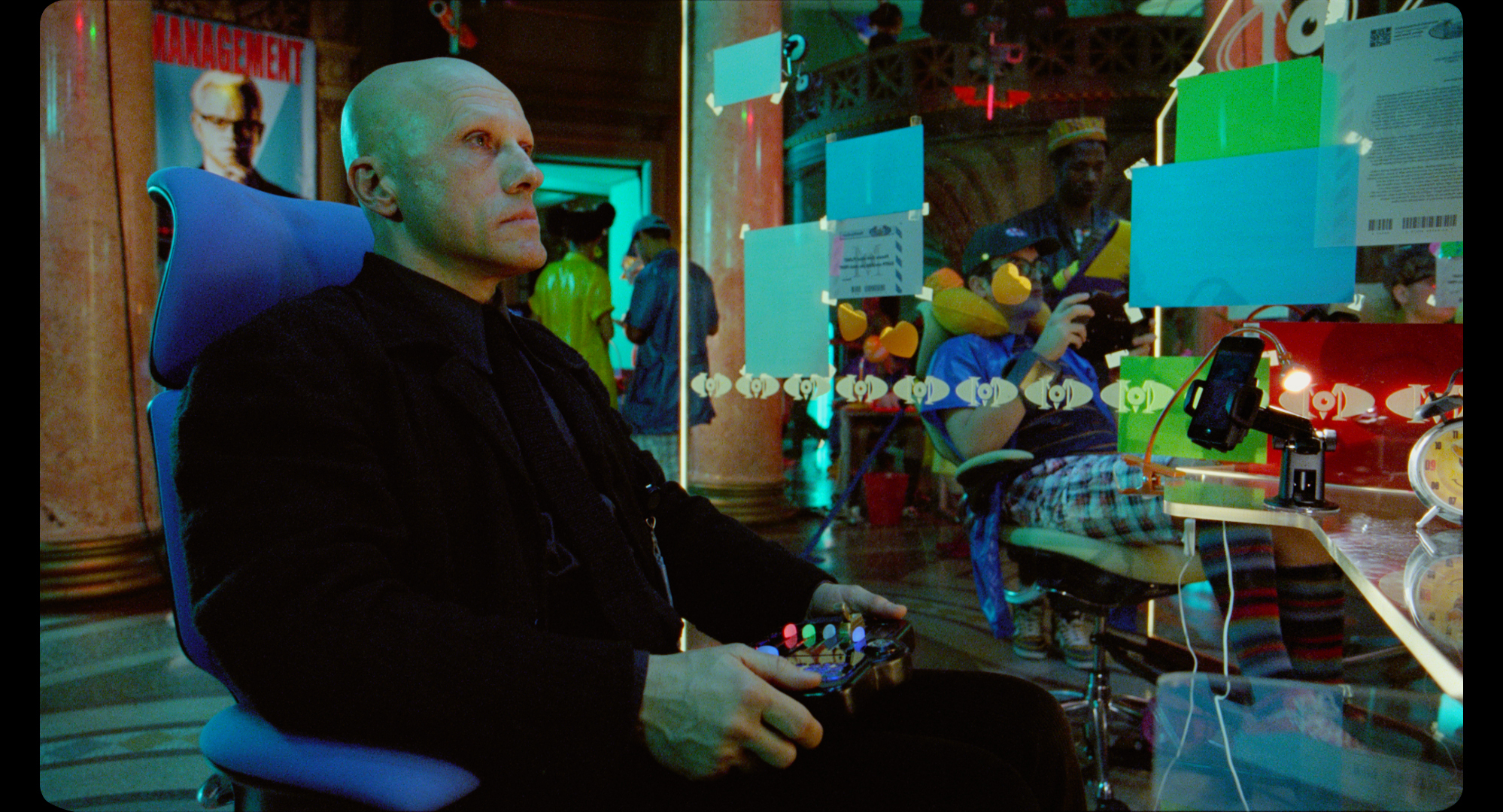Terry Gilliam's "The Zero Theorem," like most of his films, focuses on the all-too-thin line between sanity and insanity, reality and delusion. Its steampunk-meets-cyberpunk visual style is a wonderful jumble that's reminiscent of his much loved "Brazil," with touches like a computer mainframe that looks like a blast furnace, or personally targeted advertising blasting commercials for The Church of Batman the Redeemer.
At its heart, though, it's a portrait of a hikikomori, the Japanese term for shut-ins who almost entirely disconnect from the outside world, refusing to leave their rooms and existing in isolation. While this is a very modern phenomenon, Gilliam makes the connection to ancient monastic solitude explicit by placing his tonsured hero in an abandoned cathedral that has been converted into a hacker's den, all stained glass, gleaming monitors and fluttering pigeons.
Qohen Leth, played by a shaven-headed Christoph Waltz, is a reclusive coding genius specializing in ontological research and employed by the nebulous Mancom Corp. (which, rather like Google, seeks to know everything about everyone for its own nefarious reasons). Leth seems like he's touched with a bit of Asperger's, referring to himself using the royal "we", and begs his manager (David Thewlis) to be put on disability so he can work entirely from home, never having to face the disorienting outside world — but, moreover, to be able to answer his phone, for "we" are expecting a very important call, a call that will tell him nothing less than his reason for being.



















With your current subscription plan you can comment on stories. However, before writing your first comment, please create a display name in the Profile section of your subscriber account page.